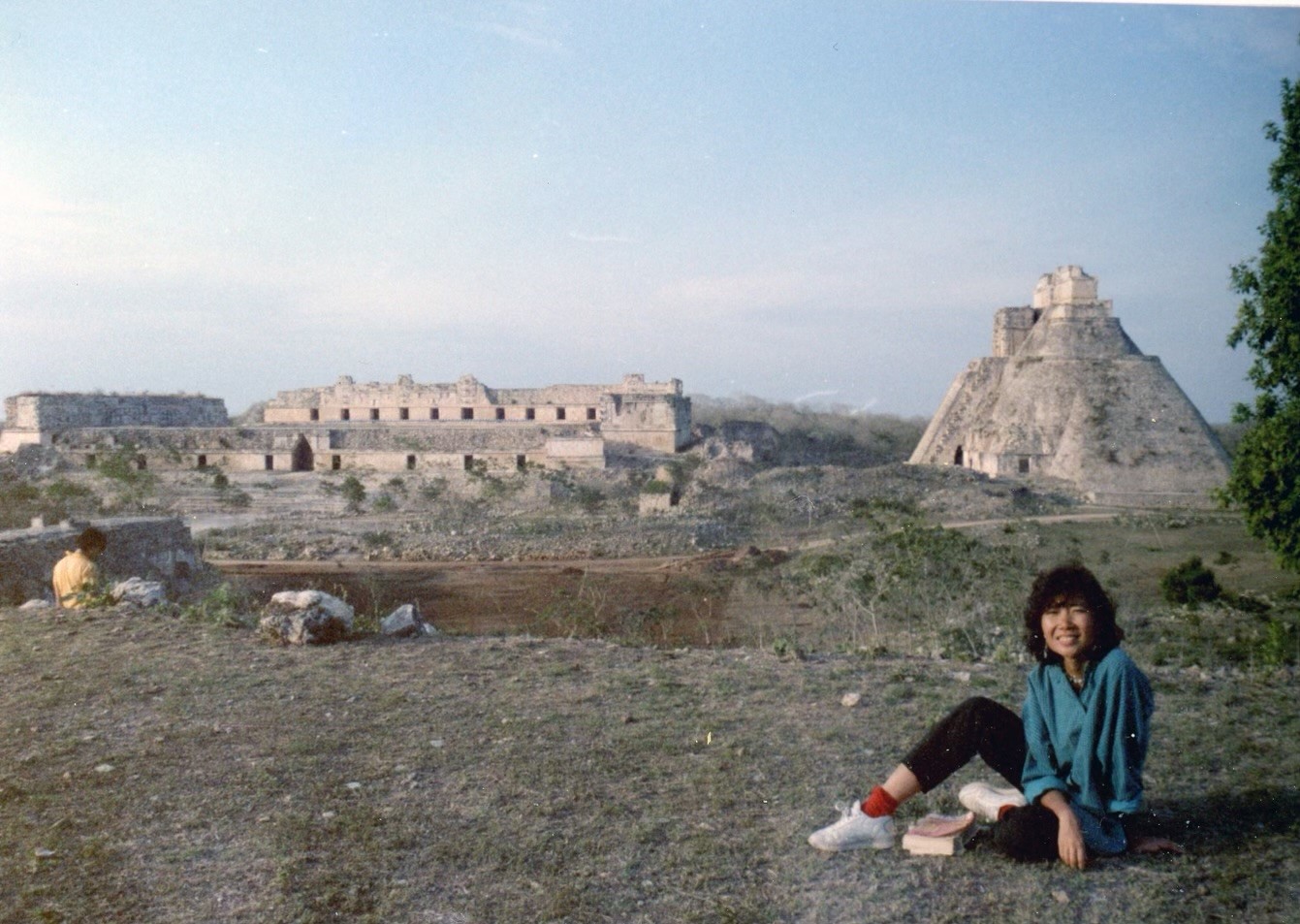Sutter’s travel medicine clinic specializes in preventing and treating health problems related to international travel and provide services including vaccinations, health advice and in-person or tele-health consultations.
Whether it’s a business trip, bucket list adventure or a family vacation, international travel can be exciting. It can also expose you to health risks if you aren’t prepared. Before you jet off this summer, Dr. Myhanh Nguyen, department chair of travel medicine with Sutter’s Palo Alto Medical Foundation, offers some pre-travel tips for a healthy and happy getaway.
Know Before You Go
You might need a jab or two before you board. A travel medicine clinic can help you determine what destination-specific vaccines are required and can administer them.

Dr. Myhanh Nguyen is a travel medicine specialist with Sutter’s Palo Alto Medical Foundation.
“It’s also important routine immunizations like Hepatitis A and B and Tdap (Tetanus, Diphtheria, Pertussis) are up to date,” says Dr. Nguyen. Some immunizations take several days up to a few weeks to offer protection. “Rabies and Japanese encephalitis vaccines require multiple doses spread over a few weeks.”
Pro tip: Don’t delay scheduling an appointment. The CDC advises meeting with your primary care doctor or a travel medicine specialist at least one month before your departure.
At Sutter’s travel medicine clinic in Sunnyvale, Calif., Dr. Nguyen assesses each person’s health risk based on their age, allergies, medications, chronic conditions and medical history.
“We do a comprehensive health assessment to really understand who this person is and their limitations with the aim of preventing any adverse outcomes,” she says.
Common health issues that can trip a person up while abroad revolve around taking basic infection precautions. Dr. Nguyen thinks in terms of what’s viral, bacterial or fungal based on where the traveler is headed. This includes having a pulse on outbreaks of disease escalating in certain regions of the globe.
She says infectious diseases are in some senses just a plane ride away and can be transmitted in a variety of ways. They are frequently spread through human contact (airborne, hand-to-hand) or contact with animals/insects. Mosquito bites that can infect people with disease are also a big concern. Malaria and yellow fever, popular in subtropical areas of Africa and South America, says Dr. Nguyen, are typically top of mind in this regard.
Also, drinking unsanitary water and eating poorly prepared foods can make a person sick. Seasonality, too, plays a role as harsh climates such as very dry, hot or cold temperatures can impact a person’s well-being, particularly the very old or very young. If a person is pregnant, planning to become pregnant or is nursing, that further informs how Dr. Nguyen helps them prepare to tackle their journey safely. For tips on traveling with kids, click here.
Pro tip: Dr. Nguyen always packs rehydration packets that can be reconstituted. “Traveler’s diarrhea is incredibly common, and it can occur anywhere,” she says. “While it often goes away in a few days, the best treatment is fluid replacement. It’s nice to have some conveniently on hand.”
Activities Assessment

Not all travelers and trips are created equally and may have different health and safety concerns. A visit to a travel medicine clinic can help sort you out.
Your agenda is important. Dr. Nguyen asks all travelers what’s on their itinerary: Is it an adventure trip that involves visiting the high-altitude ruins of Machu Pichu or scuba diving in the Caribbean? Will you be coming in contact with wildlife in the Amazon or trekking over cobblestone streets in a scenic European city? Or are you off on a culinary quest to experience the spicy street foods of Bangkok? Perhaps you’re volunteering on a mission trip to build schools in Africa or planning to administer aid in a war-torn country.
“What you’re doing impacts how I help travelers anticipate the types of risks they’ll encounter and how to best prepare,” she says.
Pro tip: Some countries ban medications that are common in the United States. Japan, for example, bans stimulant medications like Adderall. Check with each country’s consulate for a listing of what medications are and are not permitted.
Travel Medicine is Rooted in Public Health
Dr. Nguyen was bitten by the travel bug early in life. She’s traveled to various continents with experiences such as a trek in the Himalayan mountains of Nepal and a stay with the hill tribes in Northern Thailand. She says travel medicine is an exciting, dynamic field.

Dr. Myhanh Nguyen has ventured to countless countries and loves her job as a travel medicine specialist.
“I think about how everyone stopped traveling during the pandemic and now international travel is booming. It’s wonderful,” she says.
She adds that travel medicine is based in public health and the desire to keep whole communities safe.
“The ability to travel is really special, but it also comes with its own set of responsibilities. By following international health regulations, travelers actually play an important role in protecting population-level public health, both abroad and at home. It just makes sense.”





